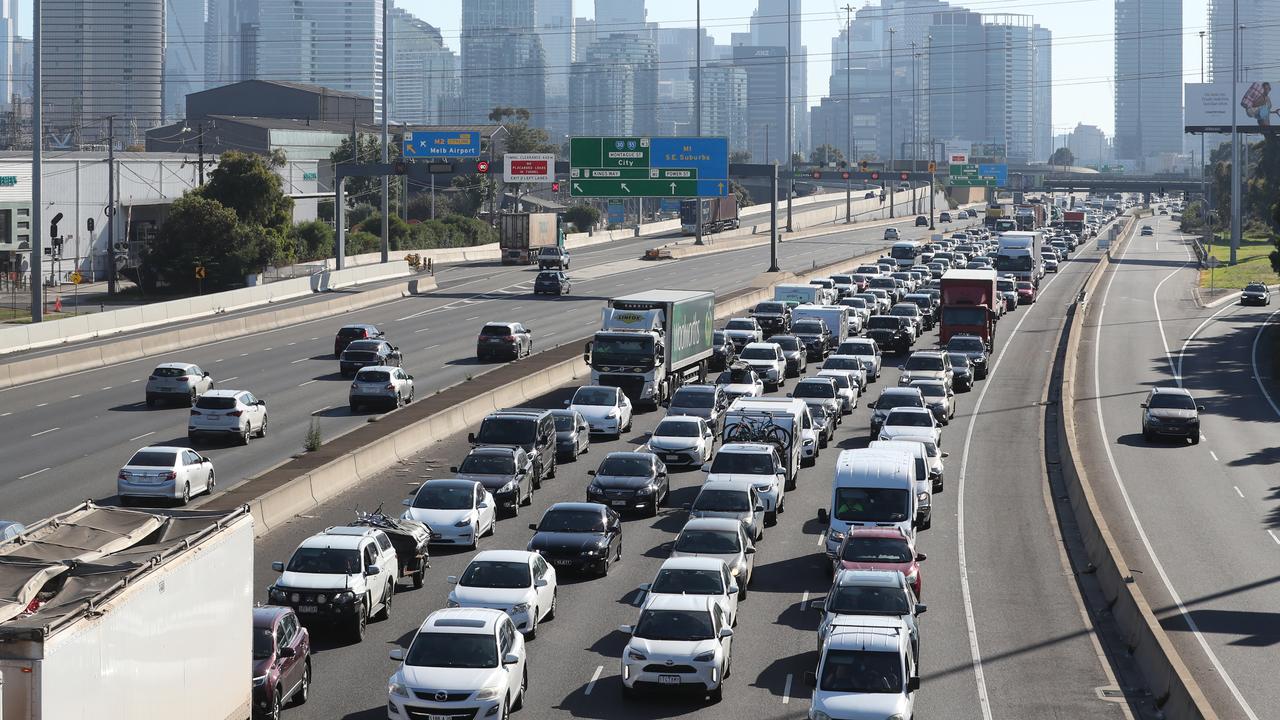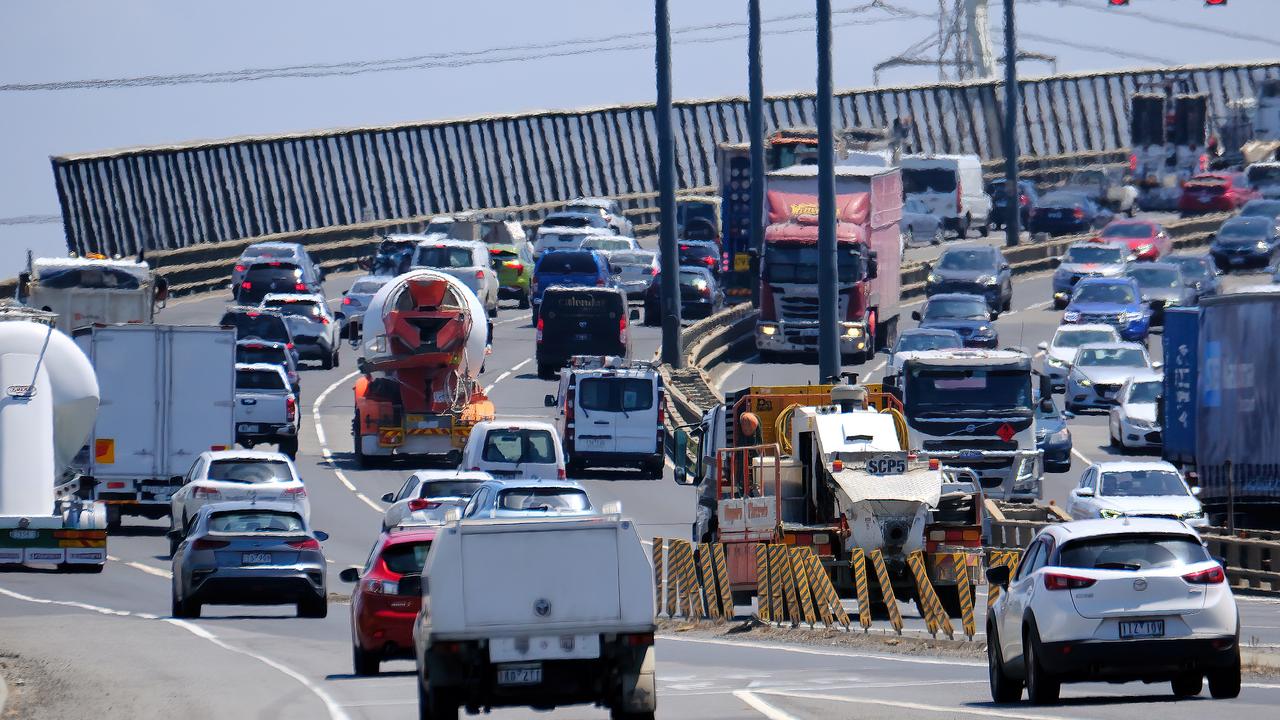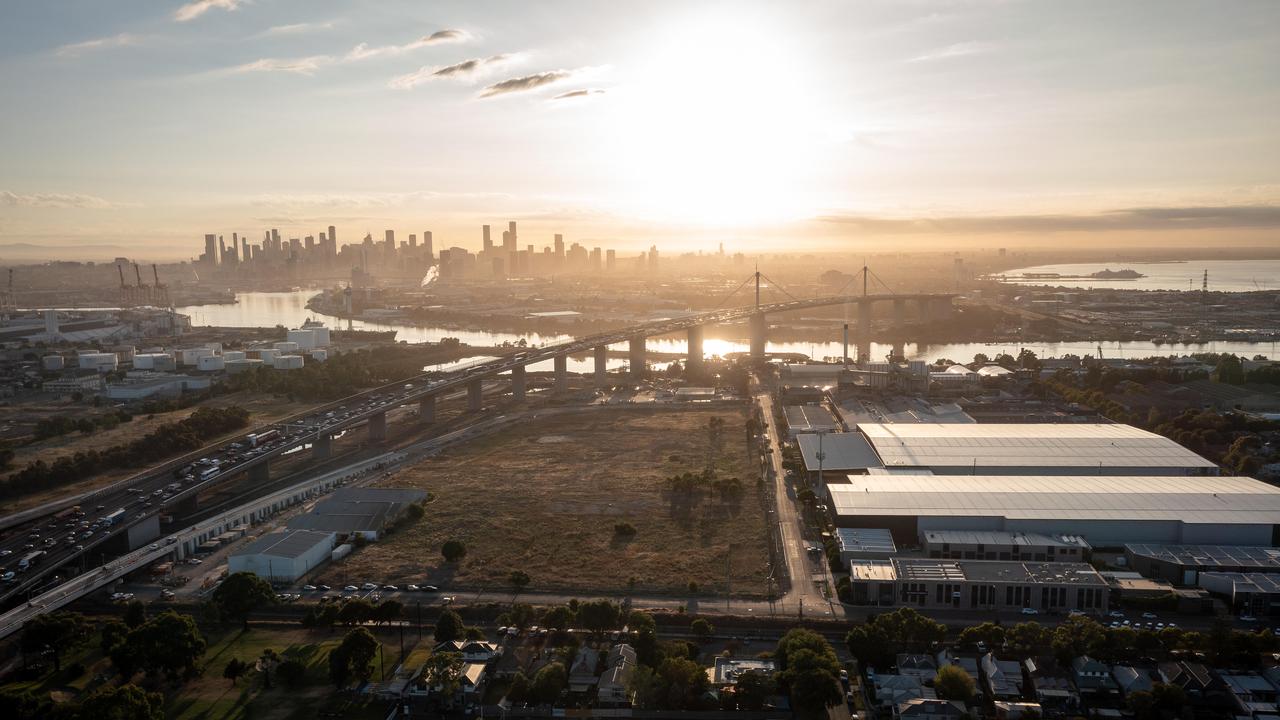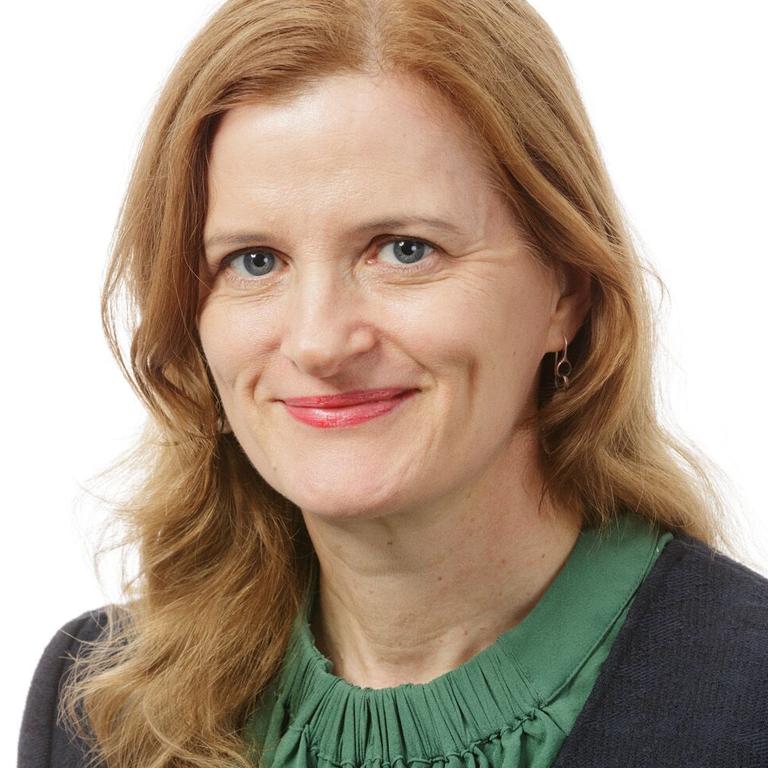‘Recipe for gridlock’: Plan to slap millions of Melburnians with tax to save CBD
A leading public policy think tank has renewed calls to save Melbourne from an impending traffic nightmare, but its plan comes at a cost to drivers.
Peak hour traffic in Melbourne’s CBD could soon become a thing of the past as experts look at new ways to halt congestion, but it doesn’t come without a catch.
In a bid to reduce drivers banking up the city’s roads, Australian public policy think tank Grattan Institute have renewed calls for a congestion tax due to increased road usage post-pandemic.
Under the proposal, motorists driving in and out of the CBD would be charged up to $10 a day to enter and exit roads within a boundary.
The institute’s transport and cities program director, Marion Terrill, claims it will increase traffic flow throughout Melbourne and its surrounds, but not all are fond of the idea.
So, as debate continues, here’s a breakdown of everything you need to know regarding the institute’s congestion tax proposal.

What is a congestion tax?
By definition, a congestion tax is a levy imposed on private vehicles that enter specific areas within a city during peak traffic hours.
In this case, the boundary would encapsulate Melbourne’s central zone, or the Hoddle Grid, in addition to the built up parts of Docklands and Southbank.
For drivers who want to enter the zone, a set entry and exit fee would apply depending on the time of the day, which Ms Terrill said would cost a similar price to a public transport fare.
“Drivers will pay about $5 to enter in the morning peak and if they were to leave in the afternoon peak they‘d pay then as well,” she told news.com.au.
Meanwhile, those accessing or exiting the boundary within an hour before or after the peak period will pay a shoulder charge of $3.
“At all other times of the day and in the evenings or the weekends, there‘d be no charge to enter or leave the CBD and also if you’re leaving the CBD in the morning peak there’s no charge for that either,” Ms Terrill said.

What are the benefits?
The transport and cities program director explained the tax had the power to take up to 5000 cars off the road during peak periods, which would consequently reduce congestion across other areas of the city.
For example, in the Hoddle grid, traffic flow speeds would increase by 16 per cent while the rest of the network would experience a one per cent increase.
“It doesn‘t really sound much but that’s the kind of speed increase that you get from a major freeway project,” Ms Terrill said.
Meanwhile, leaving a car idle for more than 10 seconds not only produces dangerous emissions, but it costs drivers money and reduces fuel economy.
“(The) pollution (from cars) is very toxic for people to breathe,” Ms Terrill added.
She also believes a reduction in banked up cars will create “a more liveable city”, while improving road safety for pedestrians and cyclists.
Why implement this tax now?
Public transport use is a quarter under where it used to be before Covid, suggesting more Melburnians have made the switch to taking their car to work.
As a result, drivers are spending more time stuck in traffic while entering and exiting the city during peak hour, adding on average an extra 30 minutes to their travel time.
“People have changed their habits and for a variety of reasons, they’re not coming back to public transport and so this is a good time – when some of those patterns are still a little bit fluid – to be giving people a signal about other options,” Ms Terrill said.
Additionally, with driving becoming increasingly cheaper as more motorists move to electric vehicles (EV), Ms Terrill said a lack of action could create a “recipe for gridlock”.

How does it differ from a toll?
The road expert said the difference between a toll and congestion tax is their overall purpose.
“The purpose of toll roads really is to raise revenue from drivers,” Ms Terrill said, before explaining the money made from drivers goes towards paying off road work costs.
“Whereas the point of congestion charging is quite different. It‘s really to manage traffic flows in the network and to get the most out of the infrastructure that we’ve already got.”
Ms Terrill said a congestion tax in Melbourne wouldn‘t make a significant amount of money as most of it would go towards running the scheme.
However any extra income made would go towards pedestrian infrastructure in the CBD or would be set aside for government infrastructure projects.
Would it turn visitors away?
The transport and cities program director urged motorists to think of a congestion tax as more of an opportunity to become flexible opposed to the tax being a “punishment”.
“They can take public transport instead of driving or they can walk or cycle in some cases. They can carpool. The other thing that people can do is instead of taking two separate trips, they might combine them into one,” Ms Terrill suggested.
“You‘ve got a quicker trip and also more confidence about how long it’s going to take so people don’t have to build in such big buffers to deal with unpredictability.
“I think it will make the city more pleasant for people who are going to the city.”
She also noted drivers are already paying to use these roads although they may not be aware of it.

“We pay for congestion now but we pay with our time, and what (a congestion tax) would do is switch that to a modest fee that people pay with money,” she said.
“It gives you more freedom, because with time you just don‘t have a choice to get there quicker, whereas with this, you can choose when you do and don’t want to pay for it by making other adaptations in your life.”
While the Victorian Government didn’t comment on the idea of a congestion tax itself, a spokesperson said it was more focused on improving the city’s public transport.
“One of the most important ways we can manage congestion is a public transport network providing a reliable and efficient service,“ they said.
News.com.au also reached out to the Lord Mayor’s office for Sally Capp’s opinion on the matter however they declined to comment.
Originally published as ‘Recipe for gridlock’: Plan to slap millions of Melburnians with tax to save CBD





